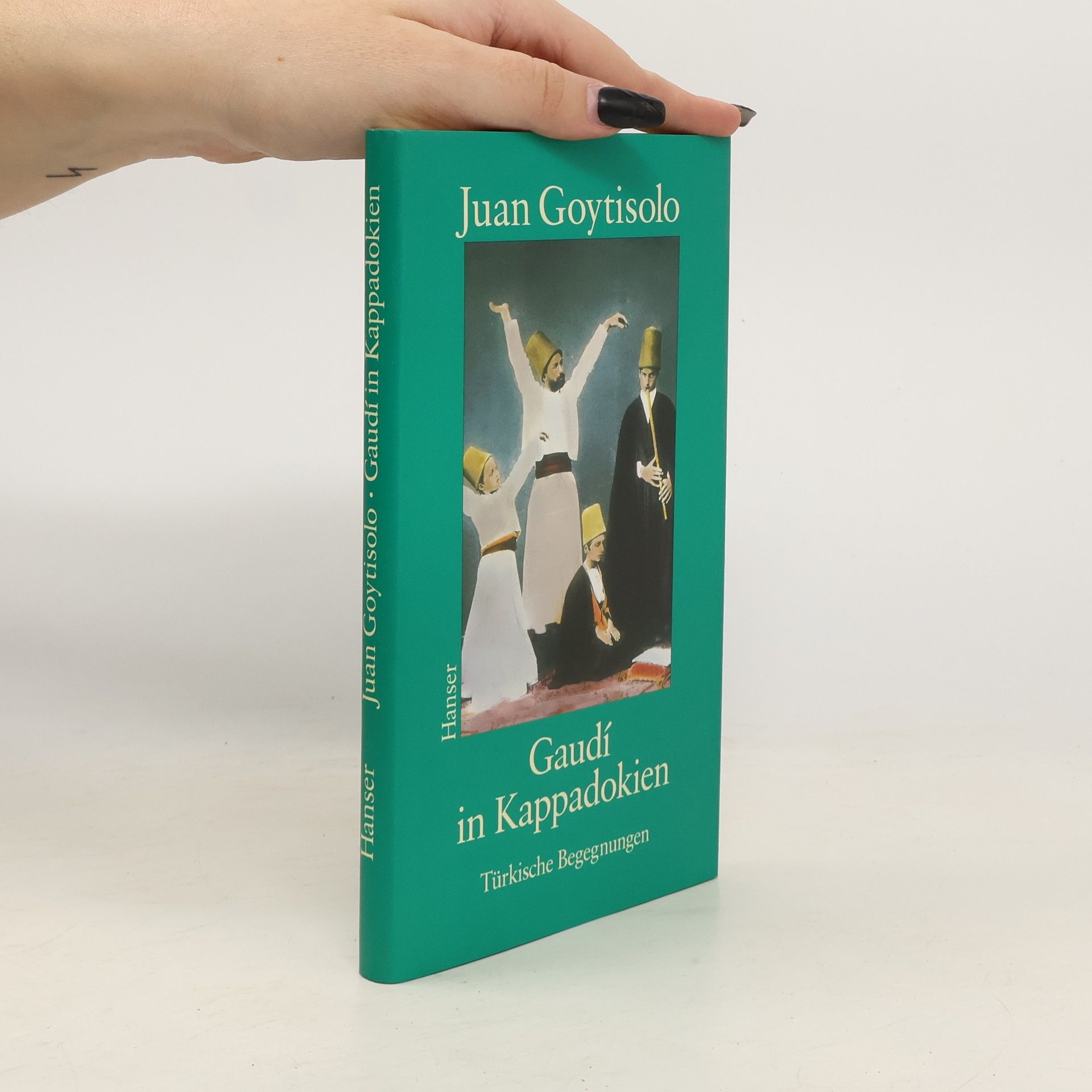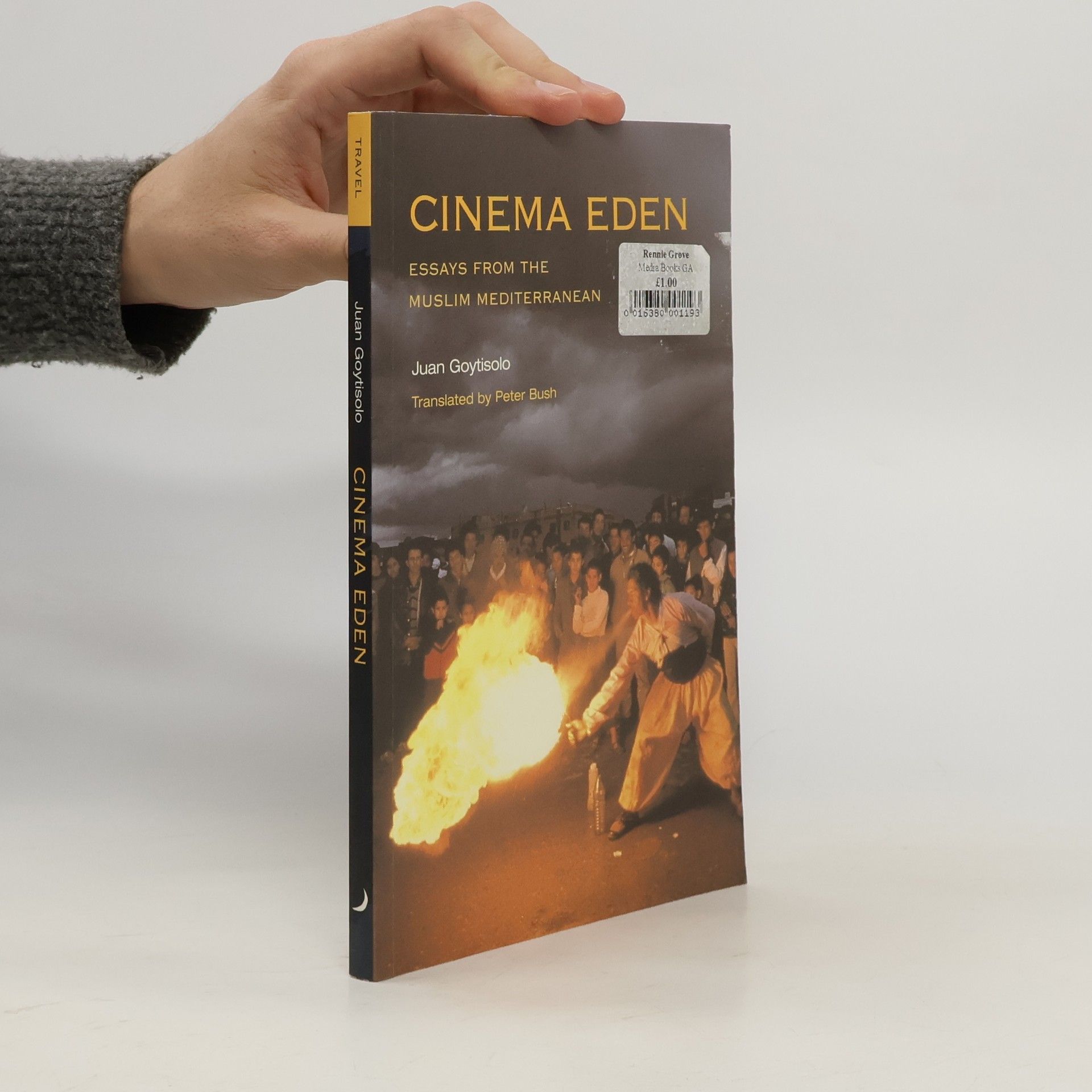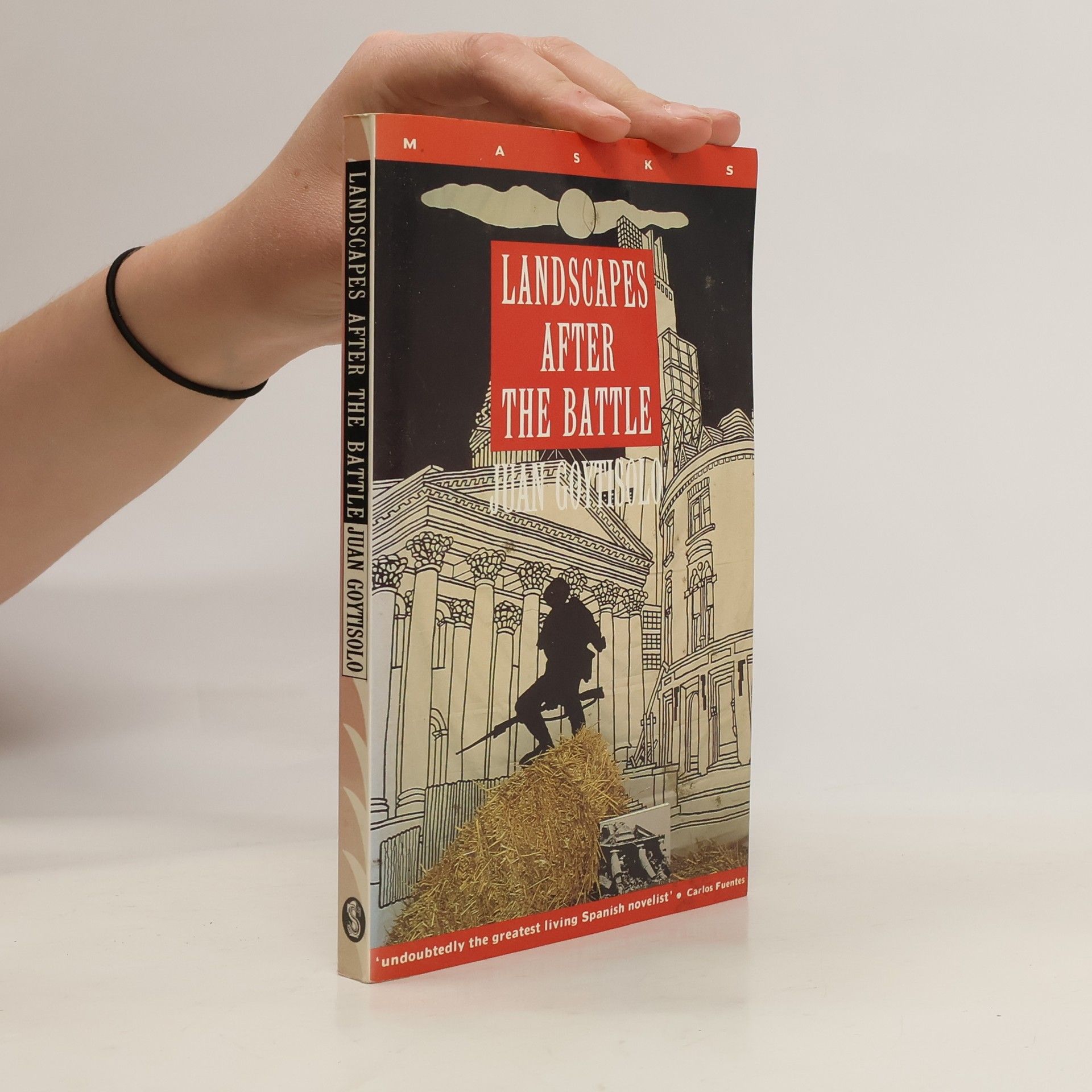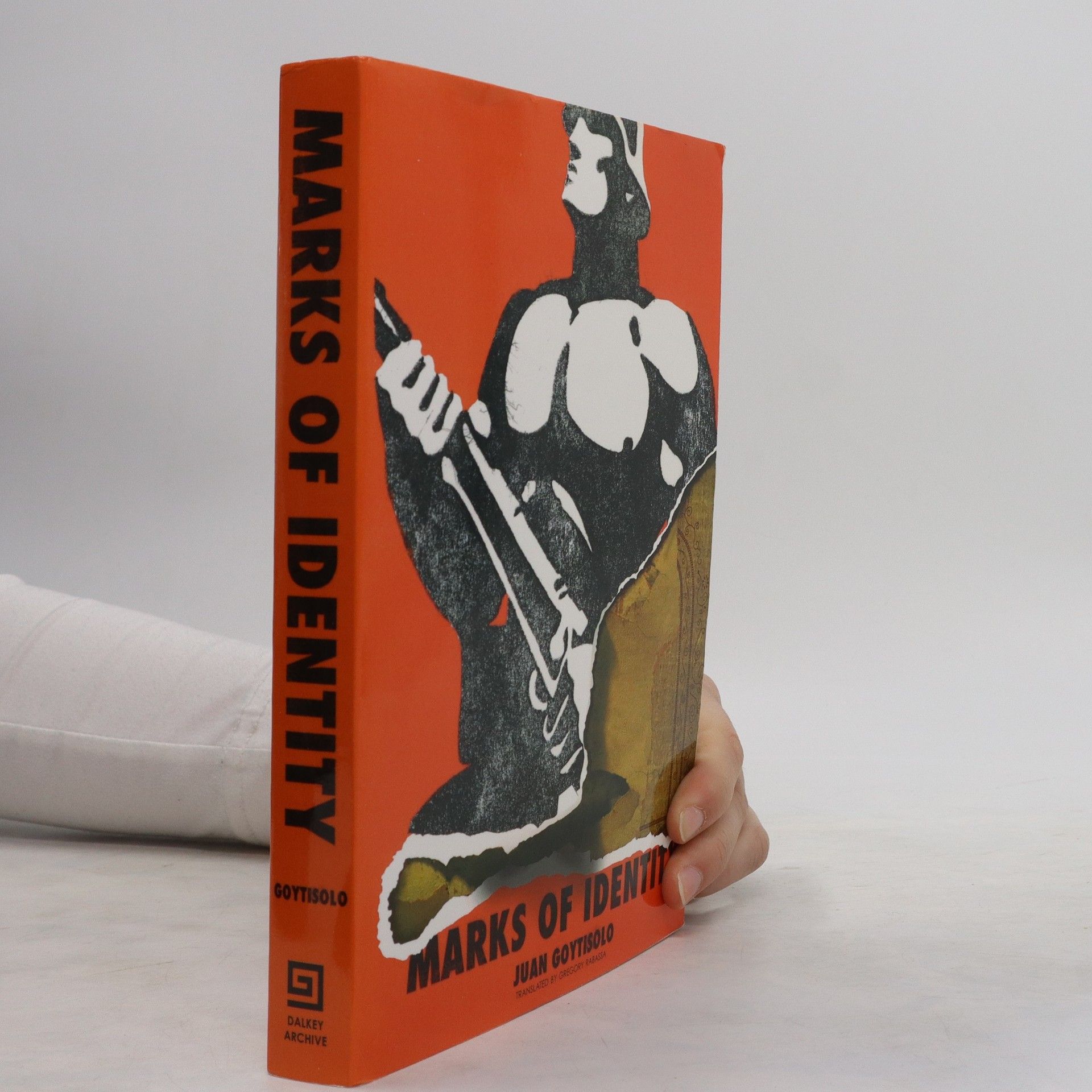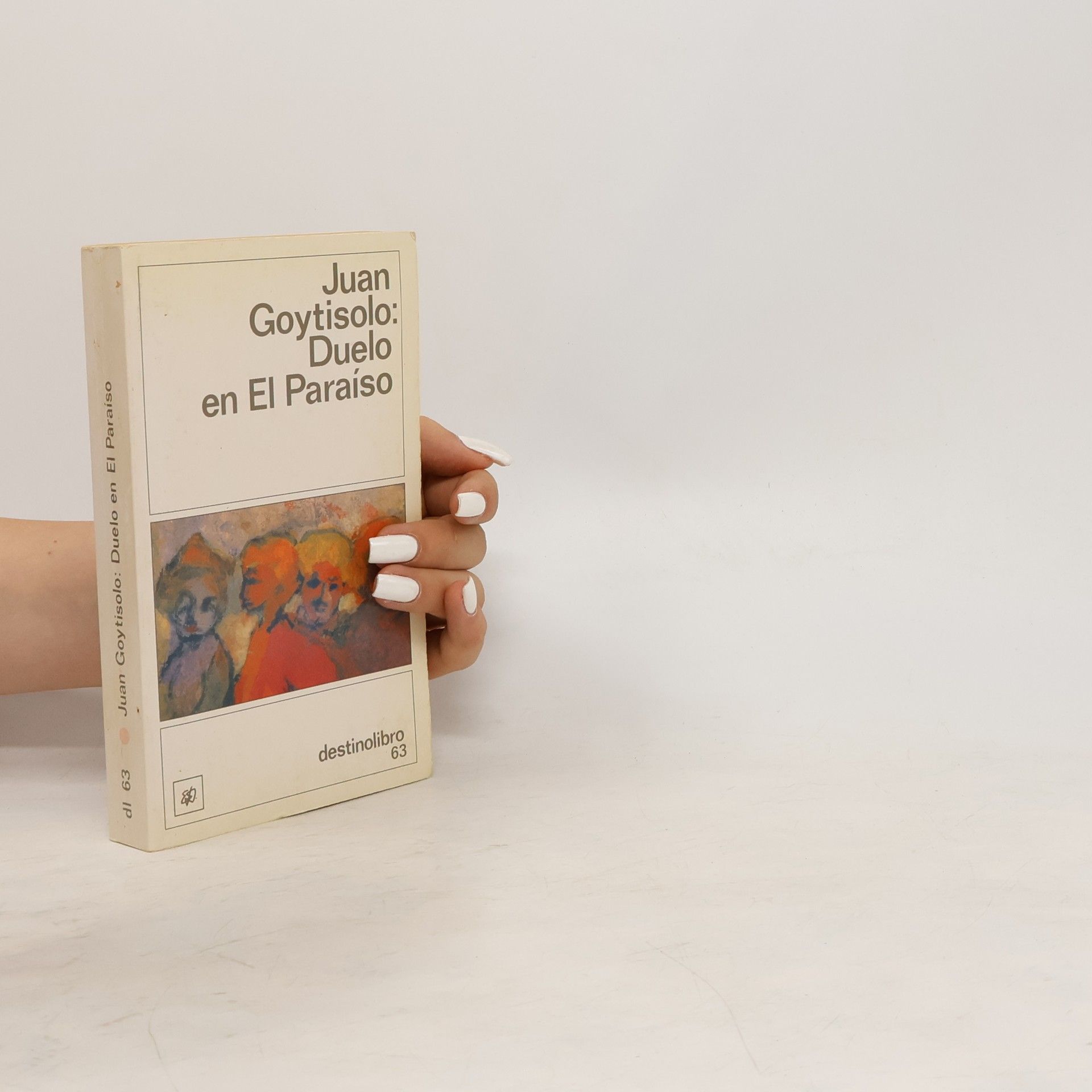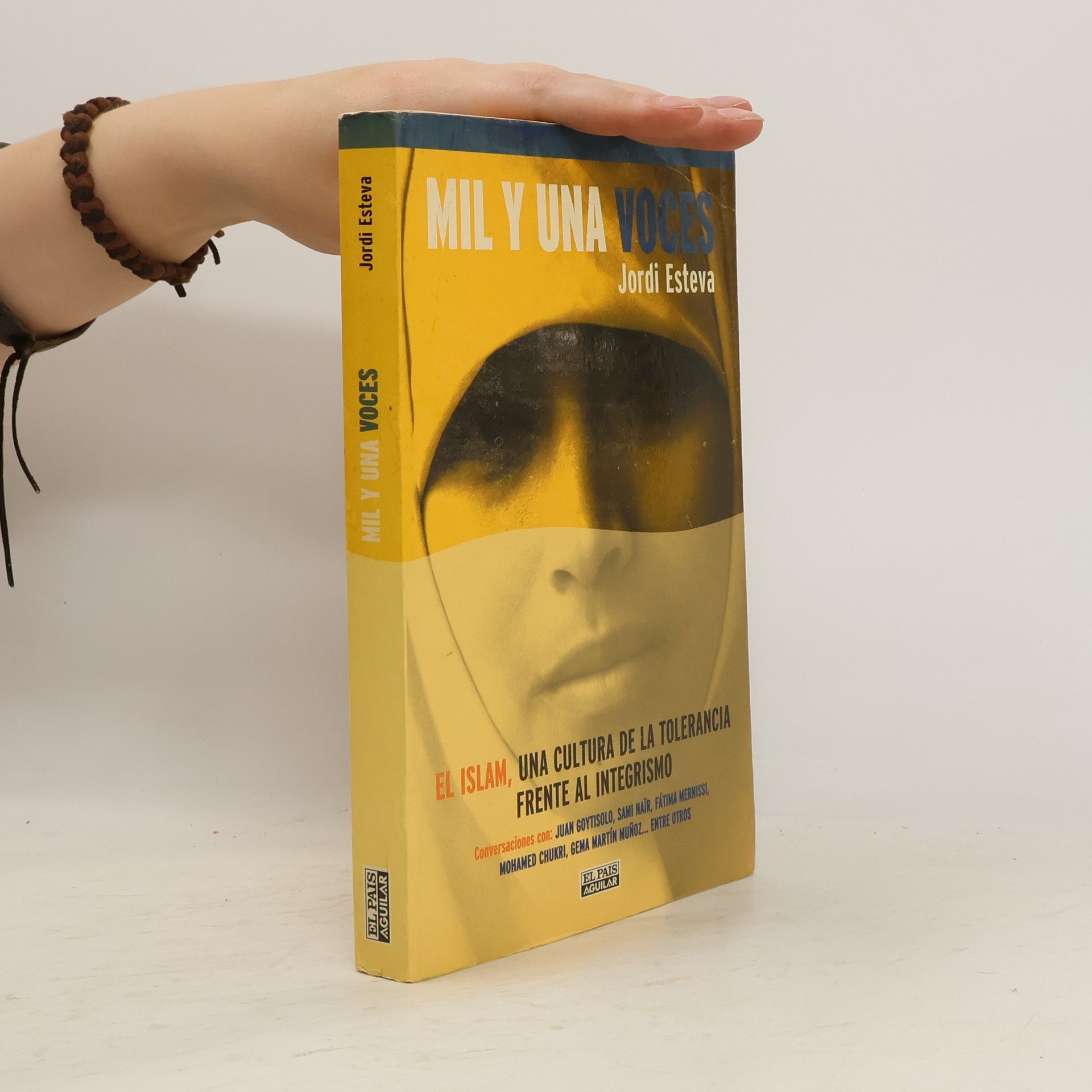The Marx Family Saga
- 185 pages
- 7 hours of reading
The narrative features Karl and Jenny Marx in a surreal setting, where they engage with contemporary issues while watching a documentary. As Albanian refugees seek a better life, the story explores Karl's reflections on the failure of ideologies tied to his legacy. It delves into the Marx family's evolving social status, highlighting their move from Dean Street to Highgate, while humorously acknowledging their persistent struggles with poverty. The book intertwines historical figures with modern dilemmas, creating a thought-provoking commentary on legacy and aspiration.


